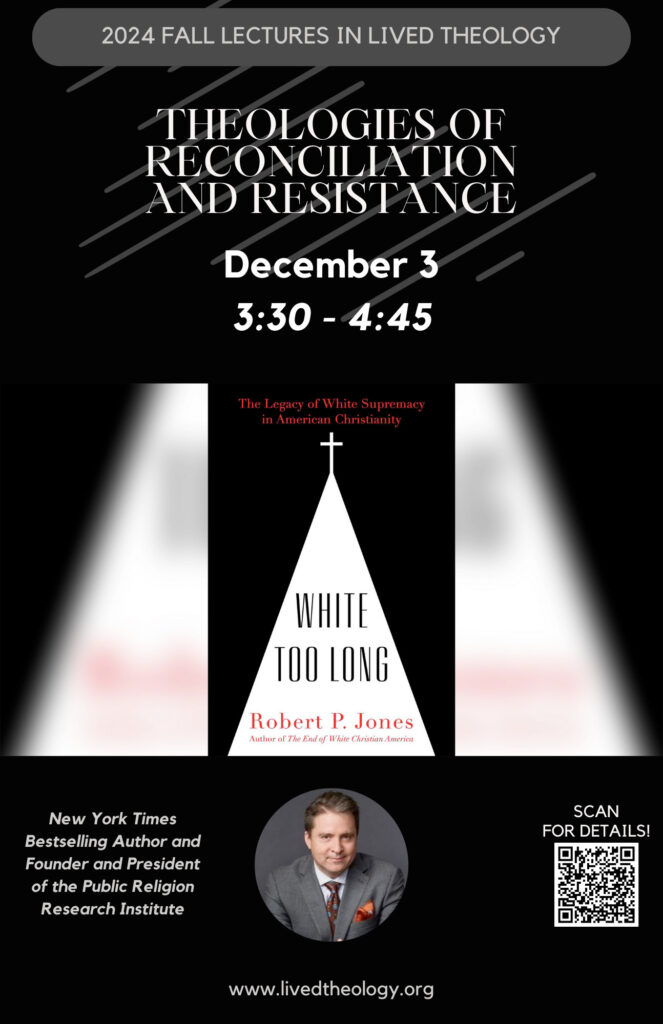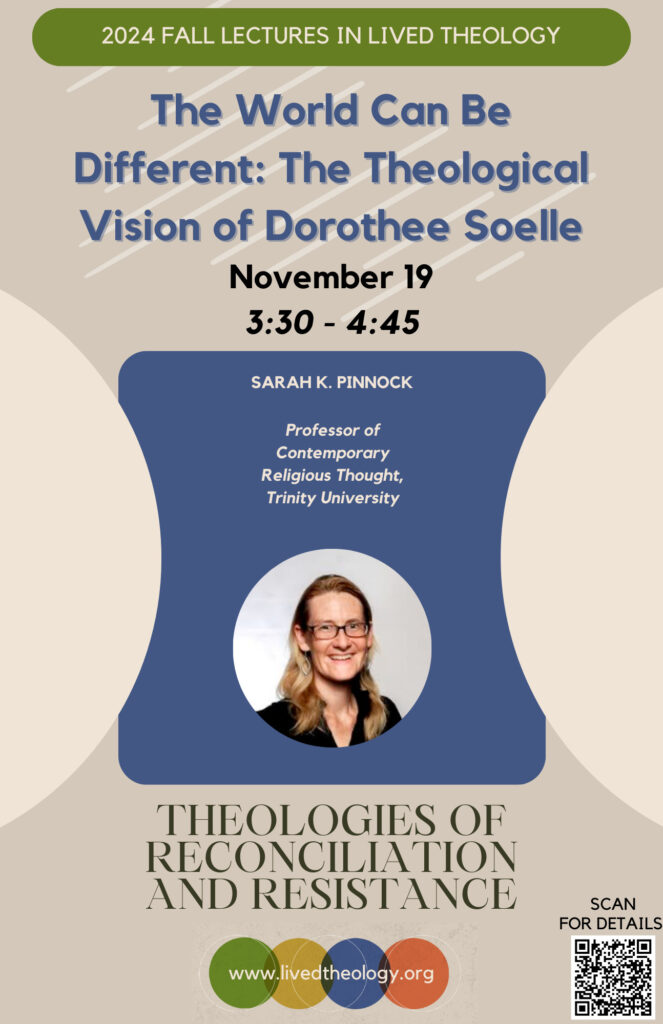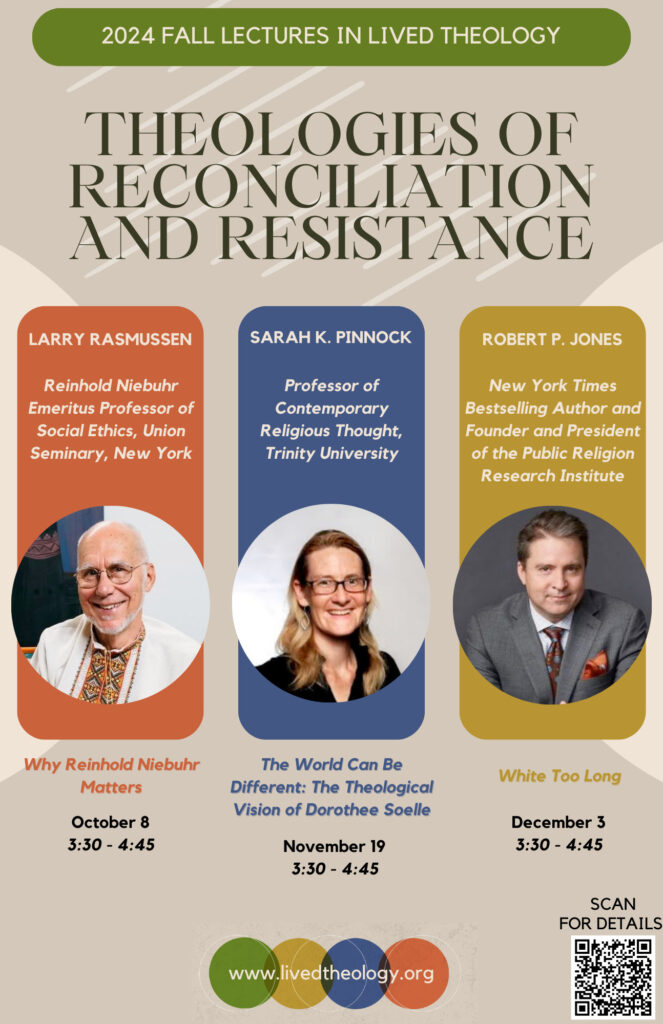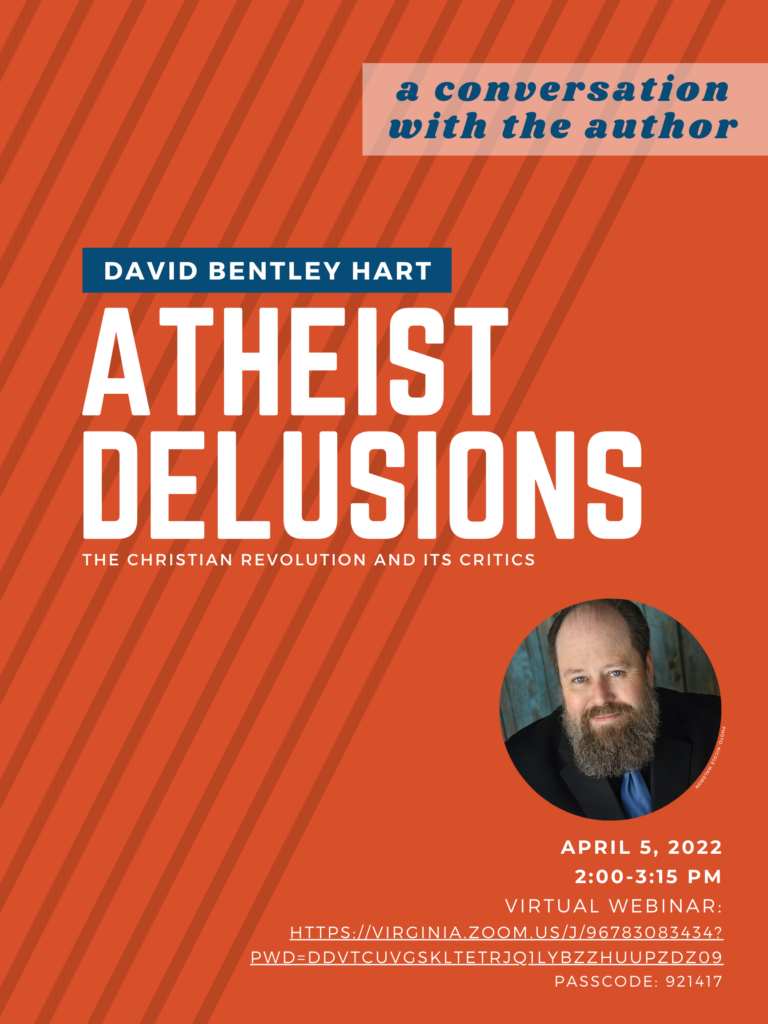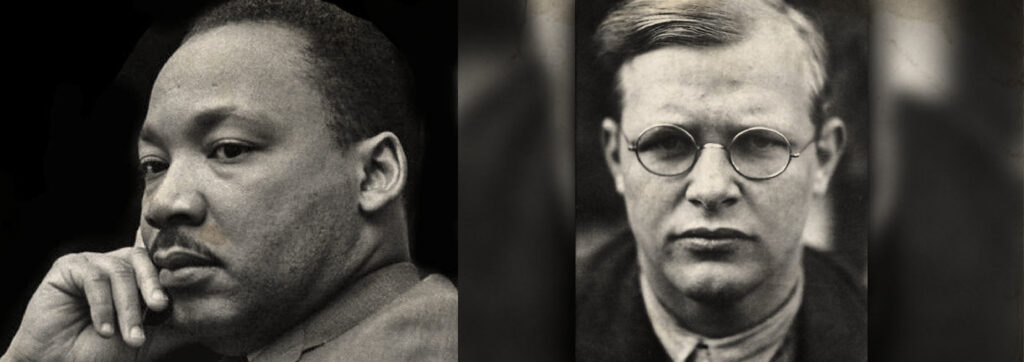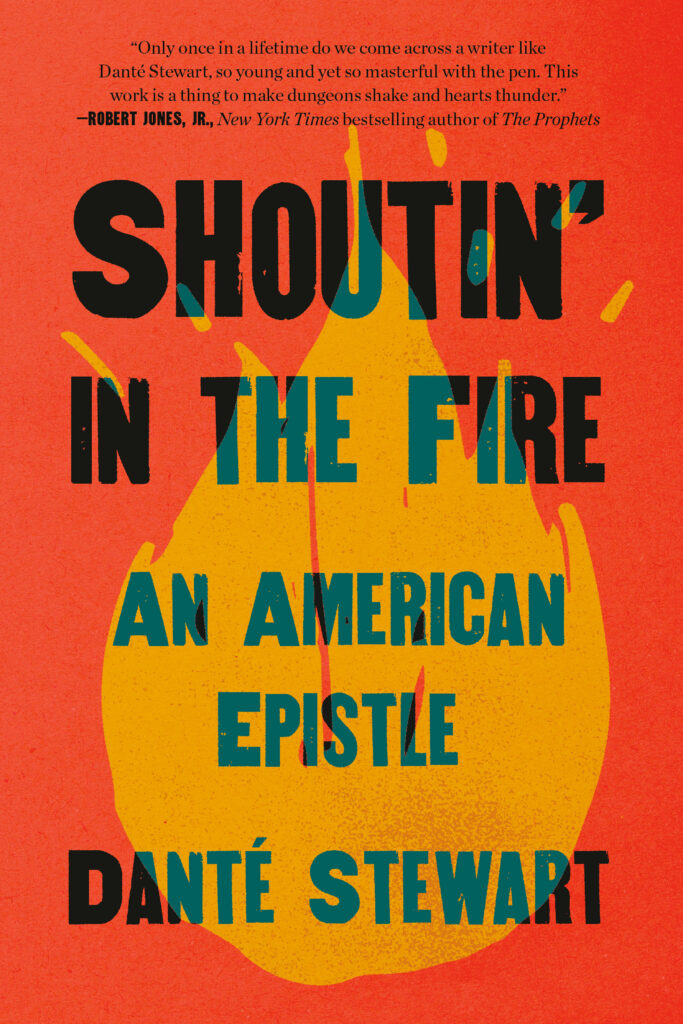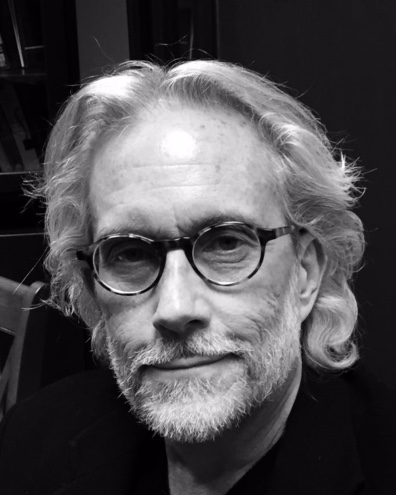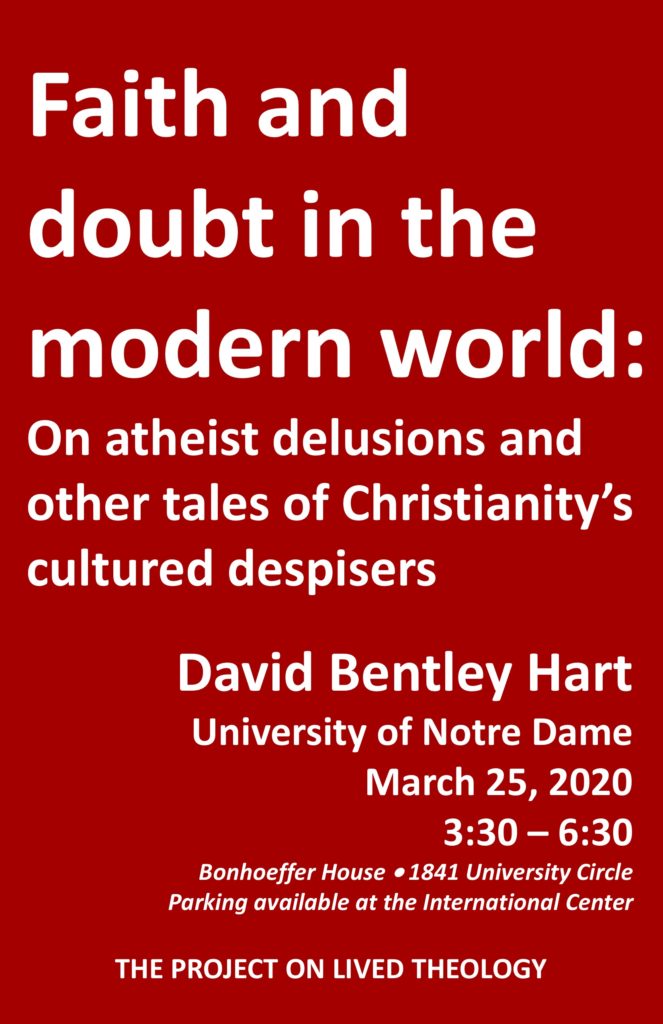
Watch the keynote address of the 2025 Scoper Lecture in Christian Thought, “Open, Honest and Free: A Celebration of Theological Inquiry Across the University” featuring Charles Marsh, PhD, Commonwealth Professor of Religious Studies and Director of the Project on Lived Theology at the University of Virginia. The lecture was a deeply personal account of how moments of generous and generative intellectual, emotional, and civic encounter stand as an antidote to “closed society” experiences – and hold promise for the building a healthier university, democracy, civic and emotional life. The event took place on March 29, 2025 in the Dome Room of the Rotunda at the University of Virginia.
The Scoper Lecture in Christian Thought is an annual series building off the Capps Lectures that brings eminent speakers to the University to deliver public lectures exploring the breadth of Christian expression in the arenas of scholarship, science and medicine, the arts, and culture. The series is generously funded by Nancy and Stephen Scoper, M.D., through their gift to the University of Virginia, designated to Theological Horizons.
The 2025 Scoper Lecture in Christian Thought continued with a “A Virtual Conversation: Theological Inquiry Across the University: Where Do We Go From Here?” Thursday, April 24, 2025. This virtual panel was moderated by Karen Marsh, and featured 3 expert panelists: Felicia Wu-Song, cultural sociologist who studies the social effects of digital technologies on community and identity in contemporary life, Rev. Dr. Brandon Harris, Director of Partnerships and Business Development at Forum for Theological Exploration, & John Kiess, associate professor of theology at Loyola University Maryland. Moderated by Karen Marsh, Executive Dir., Theological Horizons & Charles Marsh, Commonwealth Professor of Religious Studies and Director of the Project on Lived Theology at UVA.
Watch the Scoper Lecture here.
Watch the Virtual Conversation here.
The Project on Lived Theology at the University of Virginia is a research initiative, whose mission is to study the social consequences of theological ideas for the sake of a more just and compassionate world.

